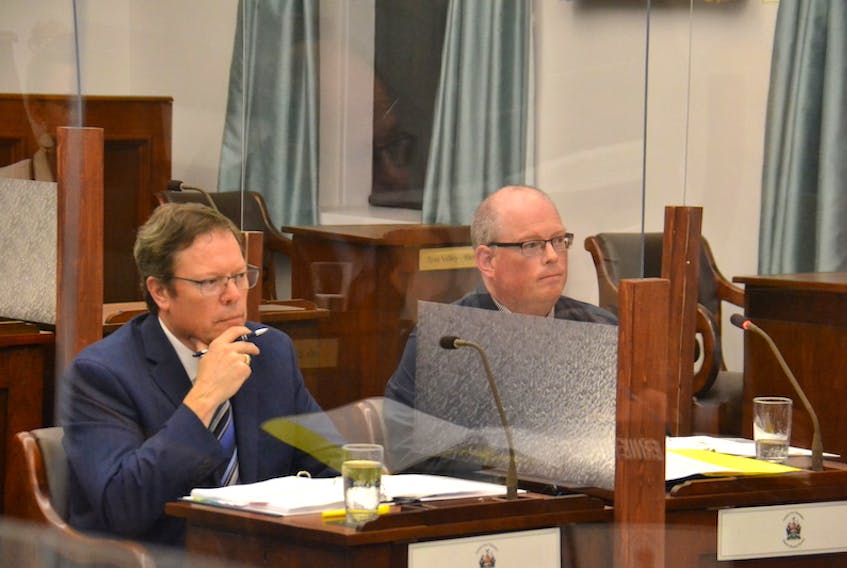Elections P.E.I. is considering pioneering an online voting system for school board elections, which could be a first for local representative democracy in P.E.I.
The Progressive Conservatives included a commitment to “reinstate” elected school boards in their platform prior to the last election.
The French-language school board currently holds elections for its representatives, while the board of the English-language Public Schools Branch is appointed by the minister of education.
While the roles of school board officials are often not well known, they play a very significant role in setting policies around school catchment areas, policies and school budgeting in the province.
Speaking before a meeting of the standing committee on education and economic growth on Tuesday, Elections P.E.I. chief electoral officer Tim Garrity said there is urgency to deciding how school board elections will be held.
He said the next school board elections are scheduled to be held by May of 2022.
“It’s not that far away in our eyes. We are actively needing to get ready for this,” Garrity said.
"For our office, this hasn't been done before. There are no boundaries or zones that are done. We're kind of starting from scratch."
Garrity said legislators would need to alter regulations of the Election Act, as well as regulations, in order to hold school board elections, either through online or traditional means.
Garrity presented five scenarios of the elections for MLAs to consider:
- One scenario would involve holding school board elections alongside provincial elections. This would involve a separate ballot for electing a representative of the legislative assembly and electing school board representatives.
- Another option would be standalone elections for school boards, involving electoral boundaries for representatives.
- A third option would involve a similar stand-alone election in which voters Islandwide would elect multiple school board trustees.
- A fourth option would involve a mail-in vote, which could involve schools sending mailers about the election to parents’ homes.
- A fifth option would involve an online voting system, with voters electing either local representatives or multiple representatives in an at-large system. Garrity said this option could involve an existing SAS IT system used by P.E.I. schools for report cards.
Garrity said the mail-in vote option would be the least costly, possibly costing as little as $30,000. The stand-alone, paper ballot option, involving electoral boundaries, would be the most costly. The cost of this option could run as high as $300,000-$400,000.
The online voting option would have fewer costs in terms of staffing, but would still cost roughly $200,000.
Garrity said the current pandemic could also mean that additional costs related to public health measures could be at play as well. He said that a combination of online and mail-in voting would be an option as well.
Garrity added that the voter turnout in French school board elections has often not been very high. He suggested online voting or mail-in voting could help increase voter turnout.
"On the logistical side of things, the online voting or the mail-in ballot options are definitely more interesting to our office,” he said.
"There might be a better way, on the school board side of things to try to reach out to people via an online platform or a vote-by-mail platform that would make it an easier option, a more convenient way for them to vote."
The 2019 report of the chief electoral officer recommended adopting a pilot project involving online voting in P.E.I. The report suggested online voting could be piloted on a scale smaller than a general provincial election.









